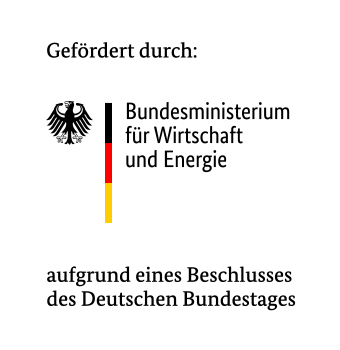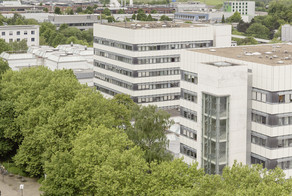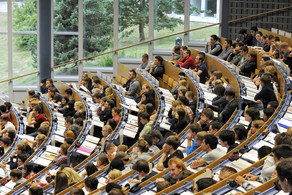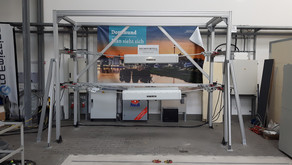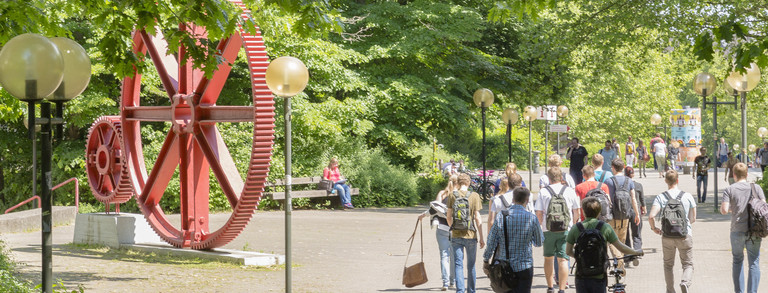5GAIN
Infrastructure for cellular energy systems using artificial intelligence
With the effort to limit global warming, energy systems, as a major source of CO2 emissions, are undergoing unprecedented change. One of the most important measures in this context is the conversion from conventional energy production to renewable energy sources. This is already significantly changing the structure of the energy system today. Increasingly decentralized, local generation plants and offshore wind farms, with a generation focus far away from loads, are penetrating the historically grown structure of the energy system. In addition, the electrical energy system is increasingly merging with the heat and mobility sectors, with electric vehicles and heat pumps as well as combined heat and power plants changing the load and feed-in behavior. Volatile feed-in causes an imbalance between energy production and withdrawal, which increasingly endangers the stability of the energy grid. In order to counteract this development, new concepts of grid management as well as a comprehensive, continuous monitoring and control of energy systems down to the energy distribution network level are required. This in turn leads to significant demands on the quality of service of superimposed ICT infrastructures, particularly with regard to transmission latencies, availability and scalability.
In this project a concept for cellular energy systems is developed and evaluated, whose regional load and generation behavior is optimized by machine learning methods, that consider grid and environmental data. The focus of this cellular concept is on a predominantly autonomous coordination of its individual technical units via agent systems. For the communicational connection of technical units within a cell, the 5G regional network slicing concept is used to ensure system reliability and quality of service.
A 5G campus laboratory will be established on the campus of TU Dortmund to develop a digital twin of the field test area in the center of Dortmund. Here the developed concept for cellulare energy systems and its AI-based management that communicates via 5G is tested for later integration into the field test area. The obtained results will be used to evaluate the cellular concept practical suitability.
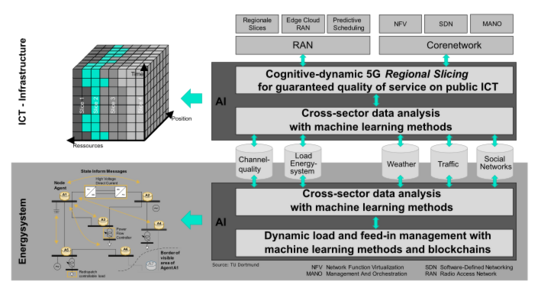
Project Partners: TU Dortmund University (ie3 and CNI), Adesso AG, DEW21, urban ENERGY, PHYSEC, Stadt Dortmund, Frauenhofer ITWM, RWTH Achen
Project Duration: 12/2019 – 12/2022
Sponsors
